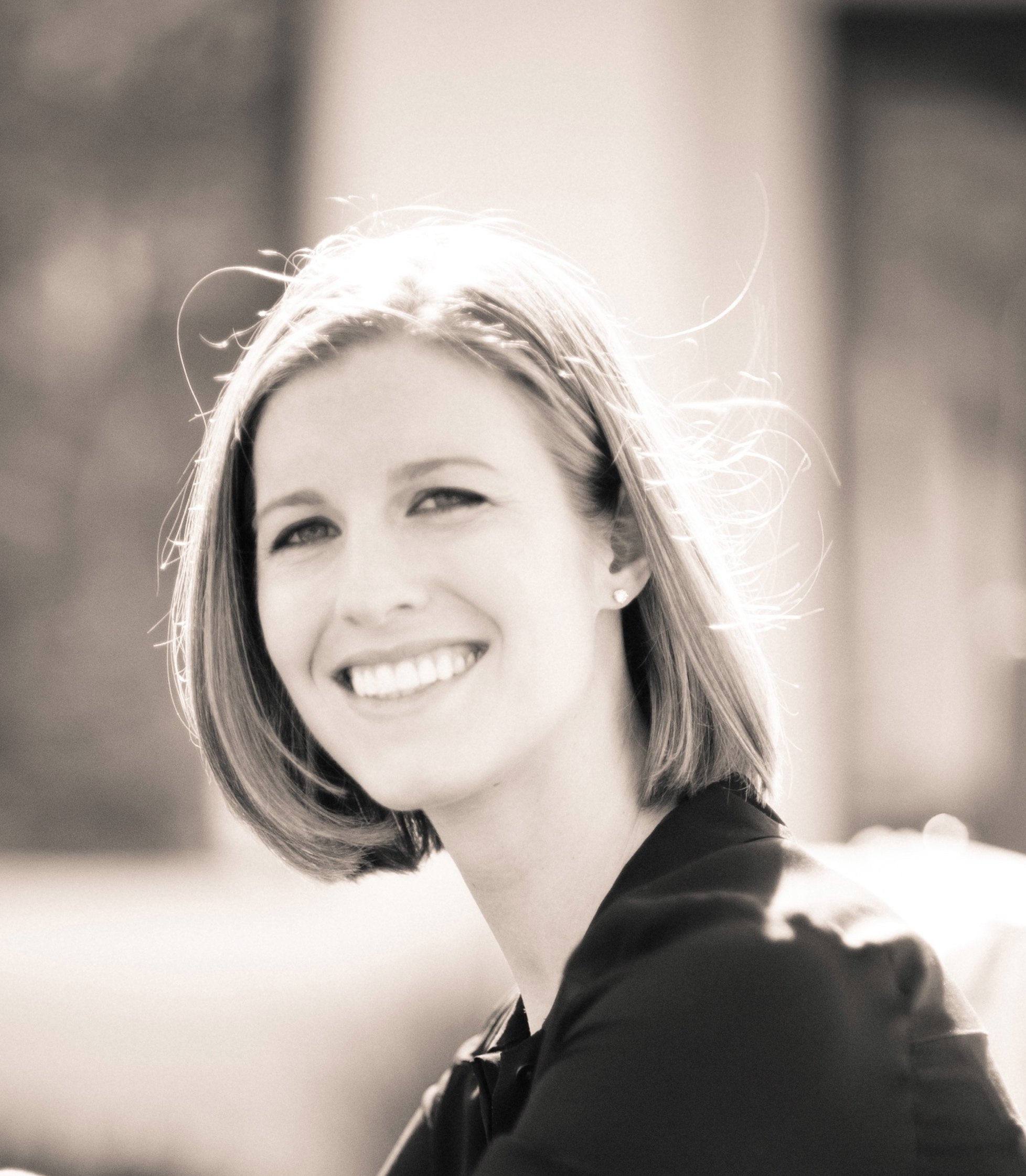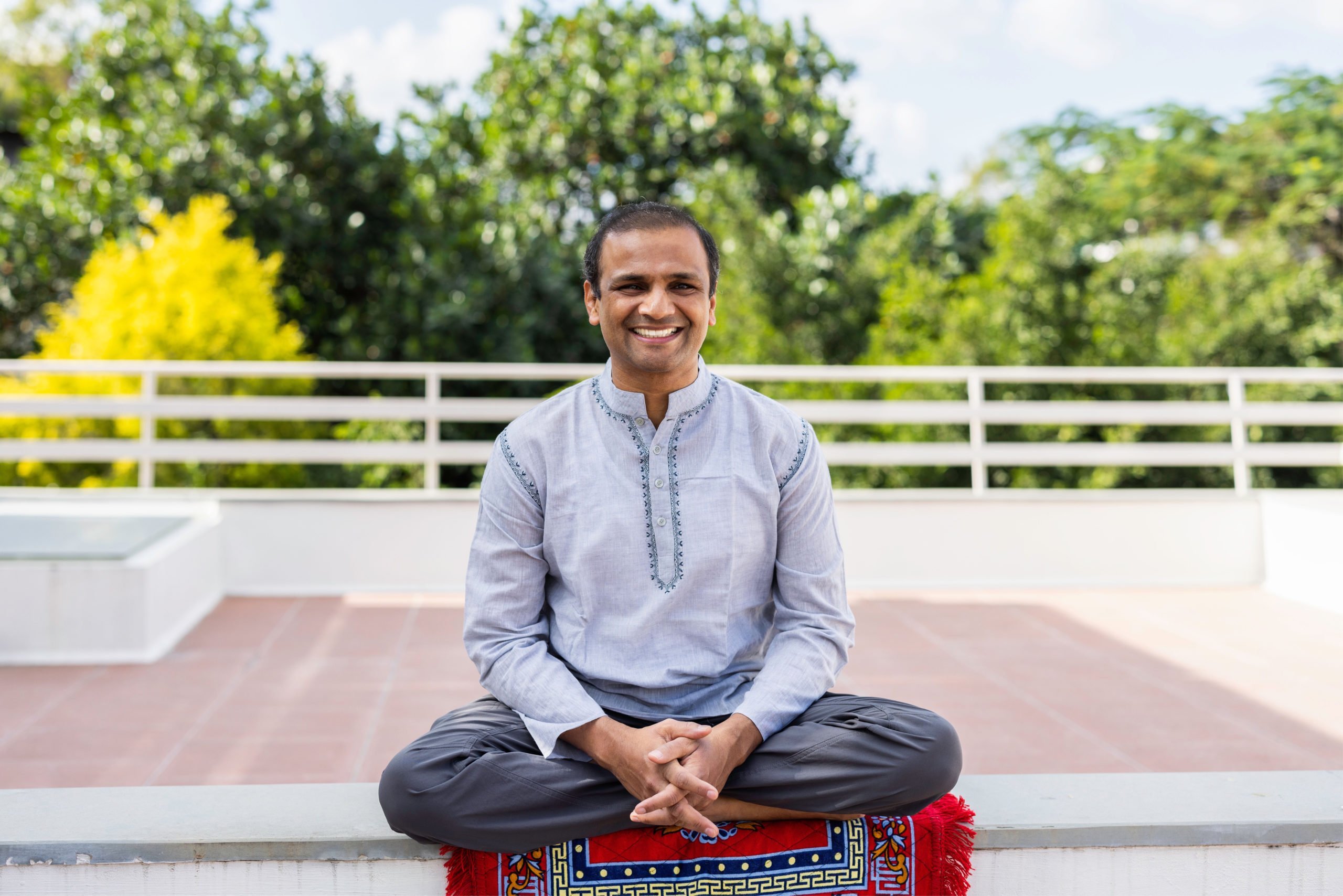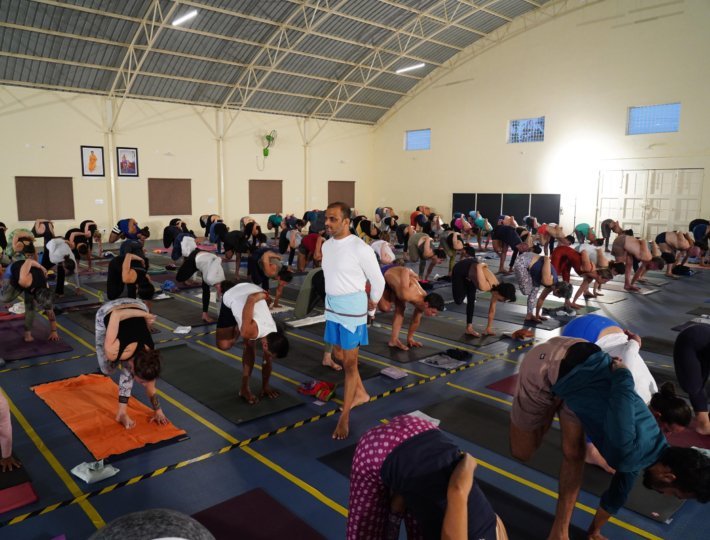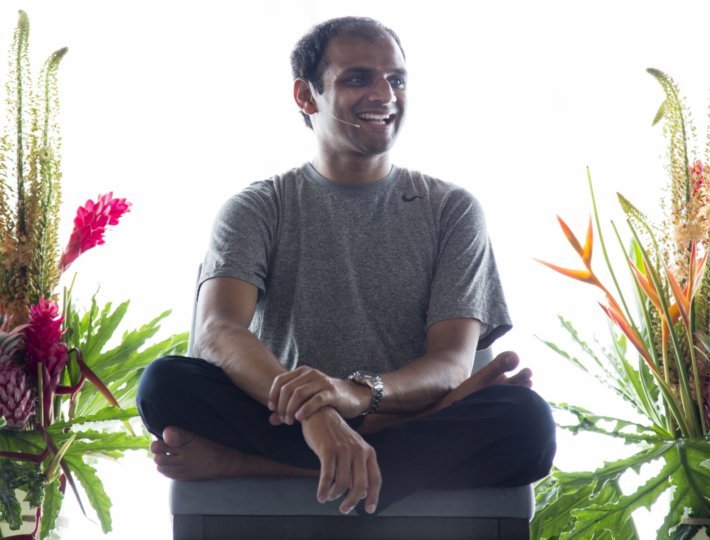Vulnerability is a hard word, and feeling, to stomach. The sensation can make us feel nervous, exposed, embarrassed, threatened, and the very thought of it can make even the strongest woman or man fearful. From the most routine to the most extraordinary of moments, it hovers. At work: “Will asking my superior this question make me look stupid?” In relationships: “Am I too scared to let this person know that I love him?” In creative life: “I have a fantastic idea, but I’m too afraid to pursue it.”
Why, though, do we recoil from vulnerability? To start, the structure of our nervous system is such that uncomfortable emotions cause us panic. Twenty years ago, the late American theorist Chris Argyris wrote an article in the Harvard Business Review about this problematic hardwiring. “Defensive routines,” as he called them, exist to prevent humans from feeling embarrassment or threat or risk. “The moment the most important problems involve potential threat or embarrassment, rigorous reasoning goes right out the window and defensive reasoning takes over.” The only purpose this response serves is self-protection.
Through the process of growing up, we teach ourselves ways to deal with difficult situations, to protect ourselves. An internal set of rules guides our actions and how we perceive the actions of others. We reach for these rules in times of stress, and these rules are usually not what we think they are. In other words, they aren’t reflective of our intellectual or rational values. It’s a matter of instinct. “All of us design our behavior in order to remain in unilateral control, to maximize winning and minimize losing, to suppress negative feelings, and to be as rational as possible,” Argyris wrote. We do this to avoid risk, embarrassment, looking incompetent, and, in short, feeling vulnerable. Though, in trying to win, we’re cheating ourselves.
Defensive reasoning is a recipe for ineffective learning, or, as Argyris even calls it, “anti- learning.” Falling for this clutch, we avoid reflection; and through a lifetime of defensive reasoning, it becomes second nature. What’s more, everyone does it. In studies of more than 6,000 people across country, age, sex, ethnicity, education, and wealth, Argyris found that defensive reasoning was omnipresent.
Think of a situation in which you resort to defensive reasoning—in which you are avoiding embarrassment or hurt or threat—and the feelings it precipitates. It’s nearly impossible to take the initiative and chance needed to learn and grow while turning, as though on autopilot, to defensive routines in the workplace, in creative life, in love, in friendship. “We are vulnerable when we enter into conversation, no matter what,” says Kathleen Kelley Reardon, a professor at University of Southern California. That fear makes us retreat into defensive routines. Yes, we take risks by allowing ourselves to be vulnerable, but, Reardon and her research stress, the risks of not doing so are more dangerous. If we constantly fall back on defensive communication, we inhibit learning. By preventing that learning, we are enabling and perpetuating more of the same. In stopping growth, we become predictable. “We give into it. And the only way to break it is to be the one who steps back and sees the pattern,” she says.
That brings us back to the question of how to unblock defensive communication—to change our hardwiring, to be the one to step back and recognize, what do we do? Sit still and look within. “Meditation allows us to drop the habitual story line we carry around in our heads and just tune in to what is actually going on, on a moment-by-moment basis,” says Lodro Rinzler, a meditation practitioner and teacher and author of the new book The Buddha Walks into the Office. “It allows us to see situations clearly, without getting too lost in the dualistic notion of ‘me’ versus ‘the world’ or ‘me’ versus ‘that jerk at work.’ The more you meditate, the more present you are and the more you are able to be your most authentic self.”
Our biology and culture inculcate the belief that vulnerability is weakness; but the opposite is true. There is power in vulnerability. It takes courage to get out of those dualistic notions, to break those defensive reflexes. The origin of the word courage, Reardon reminded me, is the Latin cor, meaning heart. I remember a beautiful scene in the Japanese writer Haruki Murakami’s novel Norwegian Wood: “’What happens when people open their hearts?’ Cigarette dangling from her lips, Reiko clasped her hands together on the table. She was enjoying this. ‘They get better,’ she said.”









Comments (0)